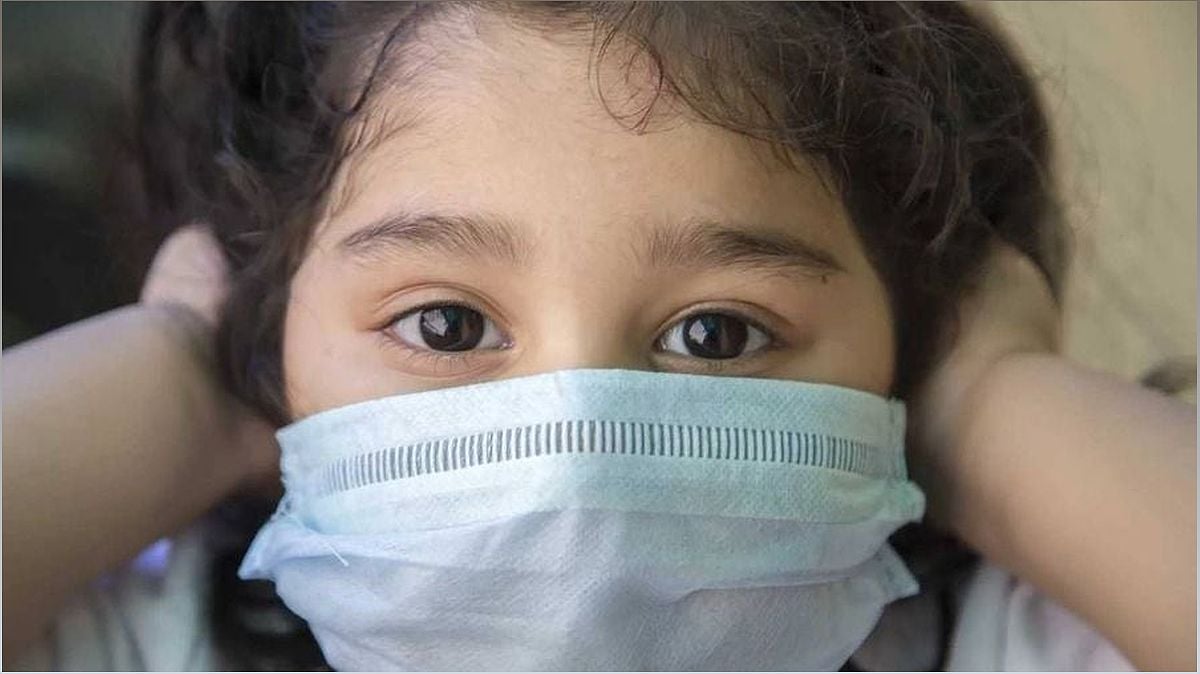The Critical Need to Protect Medicaid Coverage for the Needy
Temporarily expanding Medicaid during the pandemic was a crucial response to COVID-19, ensuring low-income families could access vital healthcare. However, as states wind down the program, there is a growing concern that millions of the neediest Americans could lose their Medicaid coverage. In this article, we delve into the alarming projections, error-ridden state reviews, and the need for federal intervention to protect those who still qualify for Medicaid. Let’s explore the critical need to safeguard Medicaid coverage for the needy.
The Impact of Medicaid Expansion during the Pandemic
Exploring the positive response of temporarily expanding Medicaid during the COVID-19 crisis.
During the pandemic, one of the most significant responses to COVID-19 was the temporary expansion of Medicaid. This expansion aimed to ensure that low-income individuals and families had access to essential healthcare services during the public health emergency.

Tens of millions of Americans were able to receive the medical treatment they needed, and in Florida alone, the Medicaid program saw a surge of 1.7 million enrollees. The additional federal funding provided to states in exchange for maintaining Medicaid coverage was a lifeline for many vulnerable individuals.
However, as the program is being phased out, there is growing concern that millions of the neediest Americans could lose their Medicaid coverage. Let’s delve deeper into the projected impact and the challenges faced during the wind-down process.
The Alarming Projection: Millions at Risk of Losing Medicaid
Examining the concerning projections of up to 30 million Americans losing their Medicaid coverage.
A recent projection by the health consulting firm Avalere has raised alarm bells. It estimates that as states review their Medicaid rolls, up to 30 million of the poorest Americans could be purged from the program.
Experts fear that many individuals are being erroneously removed from Medicaid, even if they still qualify for the program. State reviews have been riddled with errors, resulting in eligible recipients losing their coverage. The consequences of such mass disenrollment could be devastating for those who rely on Medicaid for their healthcare needs.
The Biden administration initially estimated that 15 million people would lose coverage through the disenrollment process. However, if current trends continue, the number could be twice as high.
Challenges Faced: Error-Ridden State Reviews
Highlighting the problems arising from flawed state reviews and their impact on Medicaid coverage.
State reviews of Medicaid eligibility have been marred by numerous problems, leading to the removal of individuals who still qualify for the program. Recipients have faced a myriad of issues, including long wait times for call center staff, confusing government forms, and even children being wrongly dropped from coverage.
Advocates across the country have reported widespread problems encountered while assisting those who have already been dropped from Medicaid. There are concerns that systemic issues are being overlooked, and the federal Centers for Medicare and Medicaid Services have not provided sufficient pushback or oversight.
States like Florida, Texas, and Arkansas account for a significant portion of Medicaid disenrollments. Florida alone has removed 520,000 people from the program since the end of the public health emergency, with approximately half of them being children.
The Urgent Need for Federal Intervention
Emphasizing the necessity of federal intervention to protect Medicaid coverage for those who still qualify.
Experts and advocates are growing increasingly concerned that federal officials are not doing enough to address the issues arising from state reviews. While cooperation with states is commendable, the ultimate goal should be to ensure that eligible individuals do not lose their Medicaid coverage.
States must be held accountable and provided with the necessary resources to conduct thorough reviews and follow up with recipients to ensure continued eligibility. Adequate staffing, attention to detail, and proactive outreach are essential elements of a successful wind-down process.
The federal government needs to step in and provide the necessary oversight and support to protect the most vulnerable individuals who rely on Medicaid for their healthcare needs.
